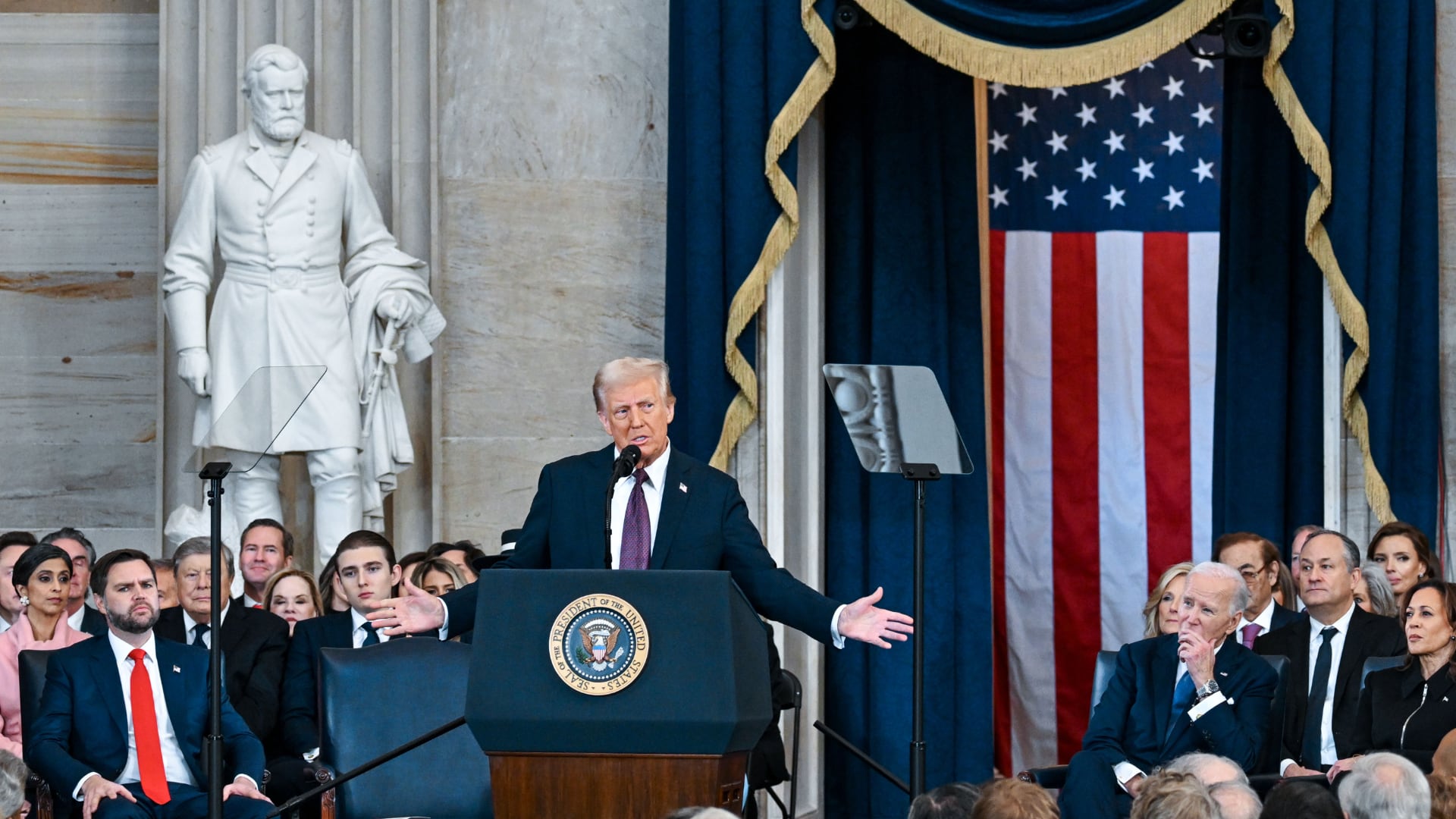The bipartisan battles on Capitol Hill are heating up as the end of the year approaches, and Congress must agree on a budget bill to avoid a government shutdown. Senator Chris Van Hollen (D-MD) told Cheddar on Tuesday that a shutdown would be “a big mistake.” “While there are, of course, many differences on this,” he said, “we need to find a way to bridge them in order to keep the government going.” The congressman noted that there are plenty of pressing issues that need to be addressed by the end of the year, including the Republican Tax Plan, and the DREAM Act. Van Hollen says that DACA should be at the top of the list, and criticizes the Republicans for pushing the tax bill through so quickly. The bill was first introduced to the House in early November, and passed the Senate within a month, with a tally of 51-49 votes. The next step is for a committee to reconcile the differences between both bills before it reaches President Donald Trump’s desk. Many critics argue that the bill favors the rich, and will be a burden for the middle class in the long run. Meanwhile, some Republicans contend that the tax will encourage corporations to bring business home, and offer greater tax relief. Van Hollen agrees with Democratic Leader Nancy Pelosi that the bills should be scrapped. He argues that both tax bills introduced to Congress, which would increased the national deficit by $1.3 trillion, are “rotten.” Beyond increasing debt, Van Hollen says that by 2019, the bill will make foreign stockholders $31 billion richer, at the cost of the middle class. The congressman says the reason is that over one-third of stocks held in U.S. corporations are owned by foreign stockholders. “In that same, year those Americans that are going to be paying more in taxes are going to contribute about $29 billion,” he said. “Take it from the pocket of a middle class American family, transfer it to foreign stockholders.”












